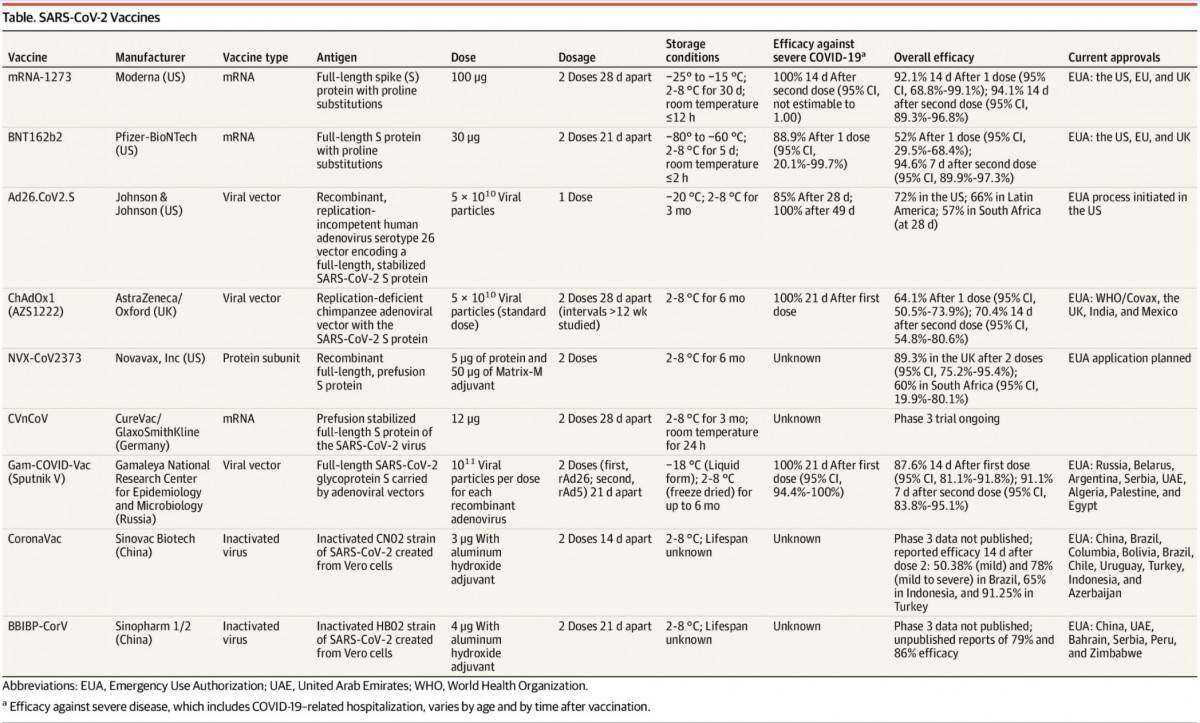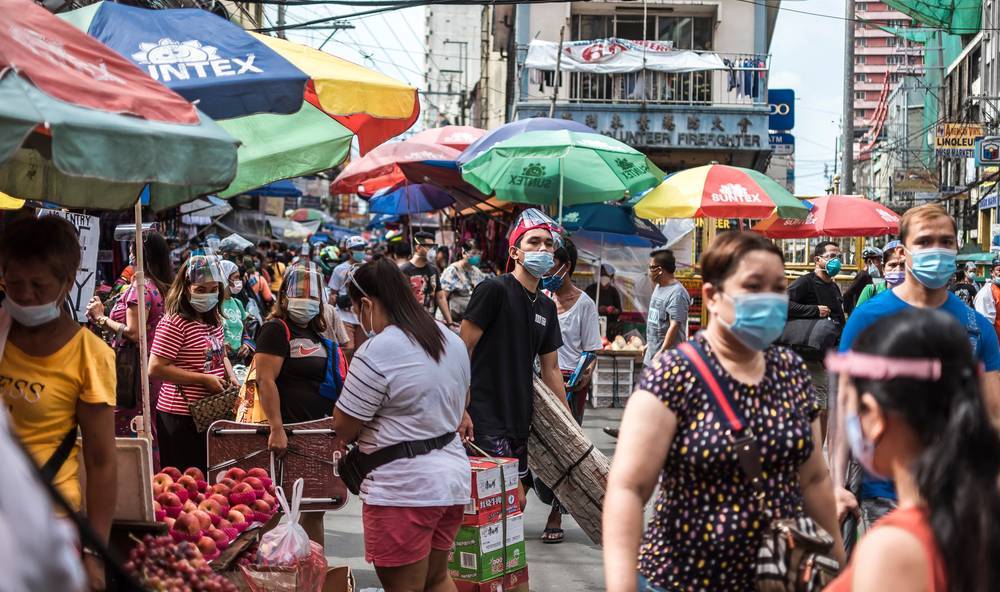600,000 doses of China-donated Sinovac vaccine arrived in the Philippines last Monday, March 1, 2021. This was the first launch to cover 100 million citizens. Dr. Gerardo Legaspi, director of the state hospital Philippine General Hospital (PGH) was the first to be inoculated as seen on national television. The event was meant to raise confidence in the vaccine. But it continued to cast doubts amongst Filipinos, especially health care workers. Already being one of the last to receive the vaccine in the region and with one of the longest lockdown streaks in the world, Filipinos demand that the government agencies provide the COVID-19 vaccine with the highest efficacy and the most number of published clinical trials to date.
Is there a Better Vaccine?
While other Asian countries are progressing to the next phases of the vaccination, and even working on their own vaccine (Duke-NUS Medical School in Singapore on its “LUNAR-COV19” vaccine in partnership with US company Arcturus Therapeutics), Philippines is still struggling to meet the desired acceptance rate among health workers regarding the Sinovac vaccine.
Below are brief descriptions of the vaccine frontrunners:

Source: https://jamanetwork.com/journals/jama/fullarticle/2777059, published Feb. 26, 2021.
The cries for another vaccine seem to be valid, especially those of the health care workers’. Sinovac is still lacking published phase 3 trials, which can strengthen its long-term safety and efficacy assessment.
In an interview with ABS-CBN News Channel last March 1, 2021, Sinovac Biotech General Manager Helen Yang clarified the following:
- Sinovac Biotech is a private-owned company, not state-owned
- Their research confirmed that their “CoronaVac” vaccine is safe
- Clinical trials were run independently by countries who requested CoronaVac
- Over 13 countries such as Turkey, Brazil, and Indonesia requested for the vaccine
- Around 30 million single-dose vials were already shipped out globally
- The clinical trial team of each recipient country is accountable for the publications regarding data on the vaccine
Perspectives of Healthcare Workers in the Philippines
Interestingly, frontliners do not view this historic event as a race to immunization. The All-UP Workers Union’s acceptance rate dropped from 94% to 13% upon learning that Sinovac would be administered instead of the officially agreed Pfizer.
In contrast, Dr. Nina Gloriani, head of the Vaccine Experts Panel (VEP) of the Department of Science and Technology and part of WHO’s steering committee for the trials, said that “a 50% effective vaccine is better than zero” in an interview with The Manila Times. She emphasized that numbers can be misleading especially for clinical trials conducted in specific sectors only. This was the case of the clinical trial of Sinovac in Brazil, conducted among 12,000 health workers, apparently lowering efficacy rate to 50.4% as they were naturally more exposed to the virus. Brazil also has the third highest cases in the world next to the US and India. Dr. Gloriani said that the goal is to lower mortality rate and hospital admissions and Sinovac’s CoronaVac is capable of managing severe symptoms of Covid-19.
Economic Need VS Health Need
Some are still willing to get vaccinated regardless of the numerical data. This makes sense as the pandemic proved that the sooner the vaccination becomes available to the nation, the sooner the economy can recover.
The Malacañang also released its set of working holidays for 2021. This includes November 2 (All Souls’ Day), December 24 (Christmas Eve), and December 31 (New Years Eve). The reduction in non-working days might be a desperate attempt to boost national income and fast track economic growth, or to simply limit opportunity for public gatherings.
Covid-19 Vaccine Budget Transparency
It remains a question among Filipinos how the P 72.5 billion COVID-19 immunisation budget is being utilised. This is on top of the P 10 billion budget from the Bayanihan to Recover as One Act, enacted last September 2020 that granted President Rodrigo Duterte additional power in managing the pandemic.
Meanwhile, Pasig City Mayor Vico Sotto was recognised by the US State Department for transparency initiatives. It was the first local government in the Philippines with a WHO-approved vaccination plan, announced during the last week of January 2021.
The Filipino Part
Amidst the lack of faith in the government, it is commendable that the majority of Filipinos continue to adhere to its civil duty to wear a mask and face shield in public places. This includes physical distancing and hygiene measures. On a whole, there are less anti-maskers compared to Western countries. And a lot of businesses have stayed afloat by going digital. The resilience of Filipinos has always stood out, crisis after crisis. Truly, reform lies in the hands of those in power.

